September 11, 2020
The mental health consequences of COVID grow increasingly clear
 The number of self-employed people saying they have “poor” or “very poor” mental health has increased from 6 percent to 26 percent since the beginning of the pandemic (a 300 percent rise), claims new research by IPSE (the Association of Independent Professionals and the Self-Employed). The number saying they had “good” or “excellent” mental health has also dropped significantly since the beginning of the pandemic – from two-thirds (68 percent) to just over a third (39 percent). This was most severe among women (a drop of 54 percent) and young freelancers aged 16-34 (a drop of 49 percent). (more…)
The number of self-employed people saying they have “poor” or “very poor” mental health has increased from 6 percent to 26 percent since the beginning of the pandemic (a 300 percent rise), claims new research by IPSE (the Association of Independent Professionals and the Self-Employed). The number saying they had “good” or “excellent” mental health has also dropped significantly since the beginning of the pandemic – from two-thirds (68 percent) to just over a third (39 percent). This was most severe among women (a drop of 54 percent) and young freelancers aged 16-34 (a drop of 49 percent). (more…)







 Research by employee benefits provider
Research by employee benefits provider 

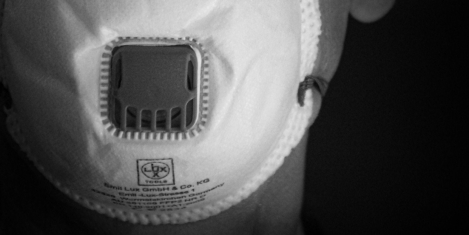
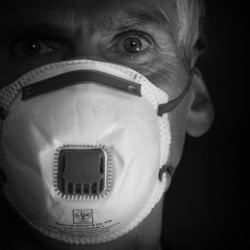 Insurance provider
Insurance provider 
 A new study by
A new study by 
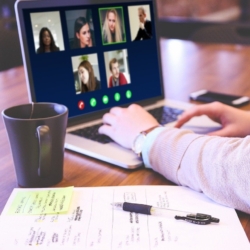 A recent study, which was commissioned by
A recent study, which was commissioned by 





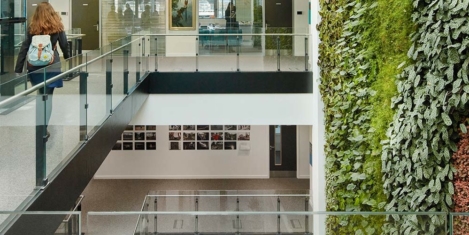
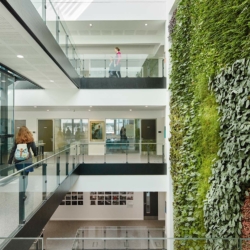











September 2, 2020
Remote work and the coming race to the bottom
by Mark Eltringham • Comment, Wellbeing, Working lives